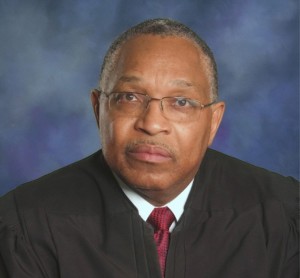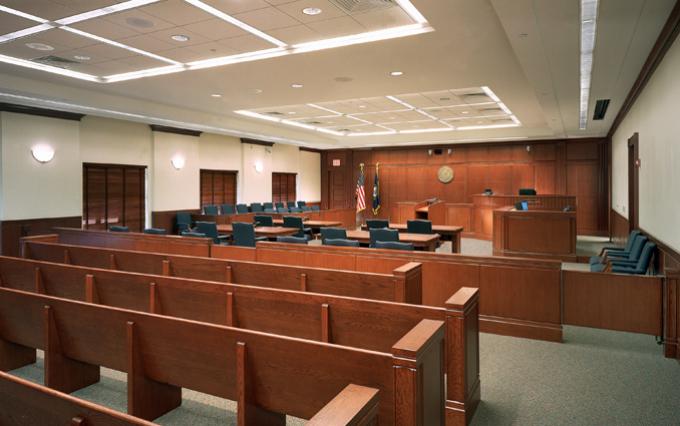WASHINGTON D.C.
A federal judge sentenced former Colombian paramilitary leader to more than 16 years in prison for drug trafficking, according to officials.
Rodrigo Tovar-Pupo, also known as “Jorge 40,” 54, formerly of Barranquilla, Colombia, plead guilty in July 2009 to one count of conspiracy to distribute five kilograms or more of cocaine, knowing and intending that it would be imported into the United States.

U.S. District Judge Reggie B. Walton also ordered that Tovar-Pupo pay a $25,000 fine, officials said.
Pupo, who was a member of the Autodefensas Unidas de Colombia since 1996, was sentenced Friday, officials said.
“Rodrigo Tovar-Pupo funded his violent and dangerous paramilitary organization by reaping the profits of manufacturing and shipping thousands of kilograms of cocaine into the United States,” said Assistant Attorney General Leslie Caldwell. “His actions did untold damage to the United States and Colombia.”
 “The sentence reflects our unwavering commitment to bring to justice leaders of the AUC and other narco-terrorist organizations throughout the world,” said DEA Acting Administrator Chuck Rosenberg. “Many terror regimes use drug trafficking profits to expand their global influence. As a top-level AUC commander, Tovar-Pupo led a huge drug trafficking enterprise, overseeing maritime cocaine shipments destined for the United States and other parts of the world.”
“The sentence reflects our unwavering commitment to bring to justice leaders of the AUC and other narco-terrorist organizations throughout the world,” said DEA Acting Administrator Chuck Rosenberg. “Many terror regimes use drug trafficking profits to expand their global influence. As a top-level AUC commander, Tovar-Pupo led a huge drug trafficking enterprise, overseeing maritime cocaine shipments destined for the United States and other parts of the world.”
This is what the evidence against Pupo indicated:
- Tovar-Pupo became a member of a paramilitary group in 1996 that later merged with other Colombian paramilitary groups to form the Autodefensas.
- The Autodefensas was designated a foreign terrorist organization by the U.S. Department of State in September 2001.
- The Autodefensas was removed from the State Department’s list of foreign terrorist organizations in July 2014.
- In May 2003, the Autodefensas was placed on the Significant Foreign Narcotics Traffickers list by order of the president, pursuant to the Foreign Narcotics Kingpin Designation Act.
- Court documents reflect that the Autodefensas was organized into blocs with each bloc having a commander who controlled large areas in Colombia where cocaine was produced.
- Pupo quickly became a top-level commander in the Autodefensas, and his forces controlled all aspects of cocaine production and transportation in his region, which included the north coast of Colombia.
- Pupo’s organization and its operations were funded through “taxes” he imposed on cocaine manufacturers and traffickers in his region. In exchange, Pupo provided protection and security for the traffickers, including securing coastal areas where cocaine was loaded onto vessels for shipment to the United States and elsewhere.
- Pupo knew that shipments of large quantities of cocaine, amounting to more than 3, 300 pounds, were manufactured and transported through his region, and that much of the cocaine was taken to the United States.
Pupo was arrested in Colombia and extradited to the United States on May 13, 2008, along with 13 other fugitives, officials said.
Pupo allegedly violated Colombian human rights-related laws, and these alleged crimes are being handled by the Colombia through the Justice and Peace process—a legal framework enacted in Colombia in 2005.

